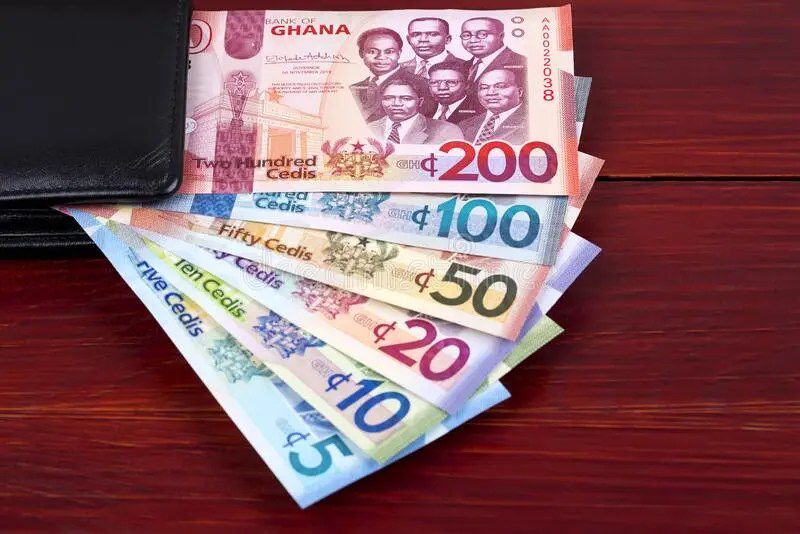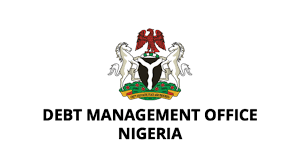The Ghanaian Cedi’s Performance Against Major Currencies: A Comprehensive Overview
The Ghanaian cedi’s performance against major international currencies, particularly the US dollar, the British pound, and the euro, has been a subject of keen interest and scrutiny, especially given the cedi’s historical volatility and its impact on the Ghanaian economy. As of February 12, 2025, the cedi demonstrated relative stability against the US dollar, with a buying rate of GHS15.28 per dollar and a selling rate of GHS15.75. This represents a marginal increase of 1 pesewa in the selling rate compared to the previous day’s average, while the buying rate remained unchanged. This stability, however, needs to be considered within the broader context of the cedi’s recent performance and the ongoing efforts by the Bank of Ghana to manage exchange rate fluctuations.
The exchange rates offered by forex bureaus provide another perspective on the cedi’s performance. These bureaus, which play a significant role in the retail foreign exchange market, offered a buying rate of GHS15.50 per dollar and a selling rate of GHS15.90. The slight difference between the forex bureau rates and the interbank rates reflects the different market dynamics and the margins applied by these institutions. Monitoring these rates provides valuable insights into the real-time supply and demand dynamics in the foreign exchange market.
The interbank market, where banks trade currencies among themselves, provides a benchmark for the overall exchange rate. On this market, the cedi traded at GHS15.46 for buying dollars and GHS15.47 for selling dollars. The relatively narrow spread between the buying and selling rates indicates a degree of stability and liquidity in the interbank market, which is crucial for facilitating international trade and investment.
Turning to other major currencies, the cedi’s performance against the British pound and the euro showed similar patterns. The average exchange rate for the British pound was GHS18.96 for buying and GHS19.67 for selling. Similarly, the euro traded at GHS15.81 for buying and GHS16.47 for selling. These rates, obtained from Cedirates.com, a reliable source for currency and fuel updates in Ghana, provide a snapshot of the cedi’s performance against these major international currencies.
The Bank of Ghana’s interbank rates for the pound and the euro were GHS19.24 and GHS16.05, respectively. These rates often serve as a reference point for other market participants and reflect the central bank’s efforts to manage exchange rate volatility. The relatively small difference between the Bank of Ghana rates and the rates observed in other segments of the market suggests a degree of convergence and efficiency in the foreign exchange market.
Money transfer operators, such as LemFi and Afriex, offer competitive exchange rates for remittances from abroad. These operators often leverage technology and streamlined processes to offer attractive rates to customers. For dollar transfers from the US or the UK, LemFi offered a rate of GHS15.34 per dollar, while Afriex offered GHS15.25. For British pound transfers, LemFi offered GHS19.04 and Afriex offered GHS19.34. For euro transfers, Afriex offered GHS15.89, while LemFi offered GHS15.87. These rates highlight the increasing competition in the remittance market and the benefits this competition offers to consumers.
For digital subscription payments using Visa and Mastercard for services like Netflix, Spotify, and Apple Music, the exchange rate was GHS16.59. This rate is generally higher than the interbank or forex bureau rates due to the fees charged by card processors and other intermediaries. Understanding these different exchange rates is essential for consumers and businesses engaging in international transactions to make informed decisions and optimize their foreign exchange costs.
In conclusion, the Ghanaian cedi demonstrated relative stability against major currencies as of February 12, 2025. However, the dynamics of the foreign exchange market are constantly evolving, influenced by a multitude of factors, including global economic conditions, monetary policy, and market sentiment. Monitoring these factors and understanding the various exchange rates across different market segments are crucial for individuals and businesses operating in the Ghanaian economy. The data presented provides a comprehensive overview of the cedi’s performance and the various exchange rate options available to consumers and businesses, facilitating informed decision-making in the context of international transactions and investments.














